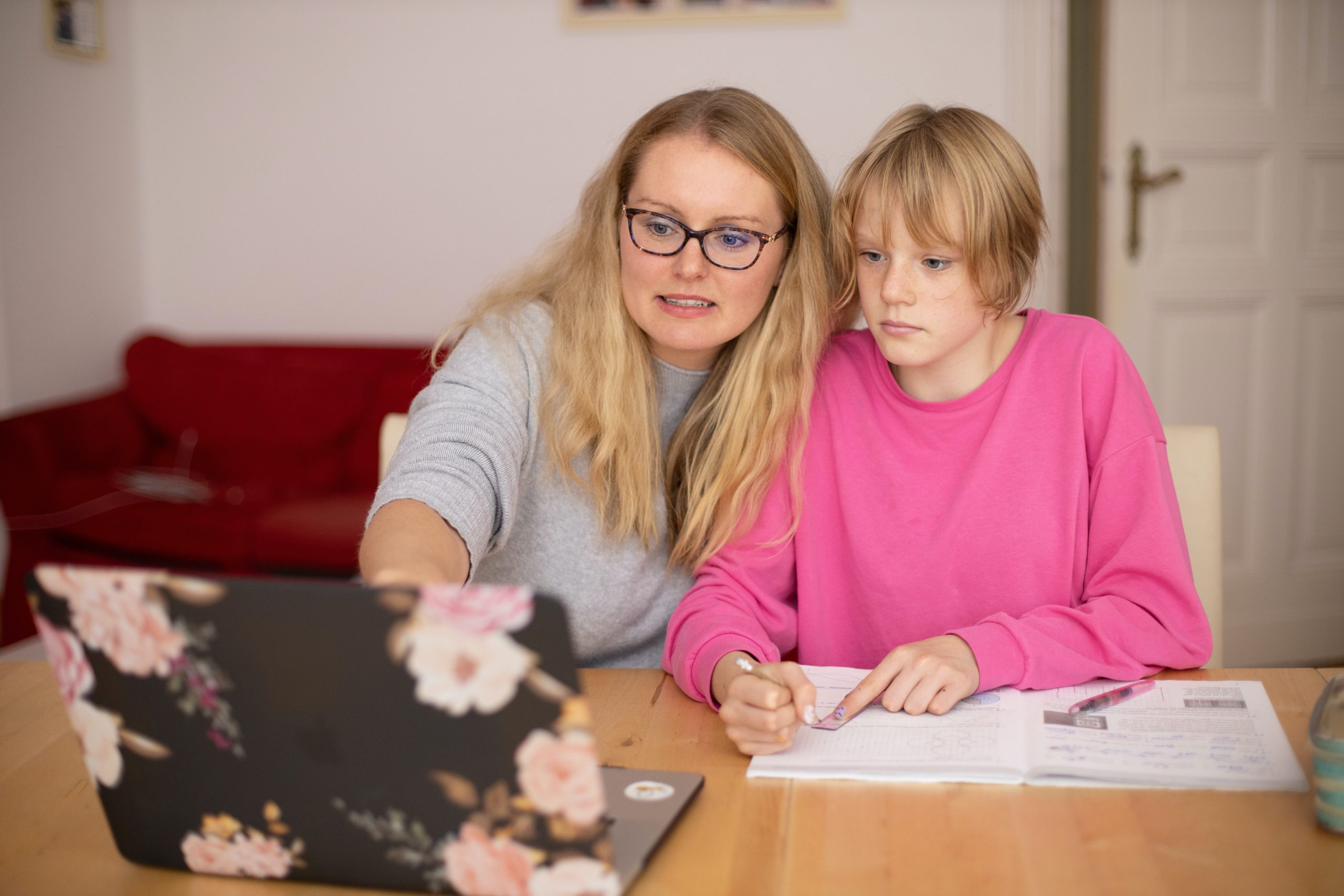Press Releases
Half of American parents have avoided speaking to their kids about the dangers of drug use, reveals survey.
Generally speaking, most parents want to teach their children about the dangers of drug abuse, but the truth is that it can be a tricky topic of discussion. You might wonder how much information is too much for kids to handle, or what if teenagers start asking mom and dad about their personal drug experiences in their youth? It might be daunting for parents to think about the conversation itself, but even worse to think about consequences of not speaking about these topics at all.
DrugAbuse.com conducted a survey of 3,000 parents and found that half admit they’ve avoided speaking to their children about the dangers of drug use. It seems dads are slightly more apprehensive to have this discussion with their kids with 55% saying they’ve avoided the topic, as compared to 45% of moms.
Juvenile drug abuse is a health crisis across America – the harmful effects of these substances impact the lives of young people each day. In 2017, more than of these substances impact the lives of young people each day. In 2017, more than 1 in 10 (11.54%) arrests of juveniles (people under the age of 18) were linked to drugs. Parents may wonder when the right time is to bring up these types of conversations with their children. It’s also important to remember that much of the information that kids consume on a daily basis comes from media sources like TV, YouTube and other online platforms, which many parents might not be aware of.
Teenagers and high schoolers may be particularly vulnerable to outside influences, such as peer pressure and the desire to experiment with substances. In fact, an average of 22.9% of high schoolers across the nation admit to having used illegal drugs while on school grounds, highlighting the importance of bringing up these dangers early on in order to reinforce guidelines and boundaries.
Children are also easily impressionable, especially when it comes to emulating the behavior of older people around them. If, from a young age, kids see those around them engaging in drug or alcohol abuse, they may be inclined to think this behavior is the norm, which is why these instances should be restricted and not form a pattern. However, the survey found that a third of parents admit they’ve been drunk in front of their children.
So, as a parent, what is the best way to approach the subject of the dangers of drug use with your children? DrugAbuse.com provides three tips for having the ‘Birds and the E’s’ conversation with your kids:
1. Be honest, but know where to draw the line
If your kids ask if you’ve tried drugs before, don’t lie about it. Be honest and tell them your experience, but be sure to remember that the conversation isn’t about you; it’s about providing your children with valuable knowledge on the subject. If you really don’t want to touch on your personal experiences, it’s best to avoid answering the question at all. Setting boundaries between you and your child is also a personal decision, and as the parent, that is up to you.
2. Don’t beat around the bush
Start the conversation by laying out the groundwork: “As your parent(s), I (or we) do not want you to do drugs.” The rest of the discussion could then center around the reasons for this as well as an explanation of any further questions they may have about drugs and other substances. Don’t forget that your kids have more than likely encountered more information than you may think via platforms like social media or TV, so try to remain calm and collected, even if they ask you a question that may come as a shock.
3. Listen to your children
Once again, they probably know a lot more than you think they do. This is why it’s also crucial to listen to what they have to say and ask in order to gauge where their knowledge is. Conversations are a two-way street, so be sure to not end up delivering a monologue — open the floor up to discussion.

